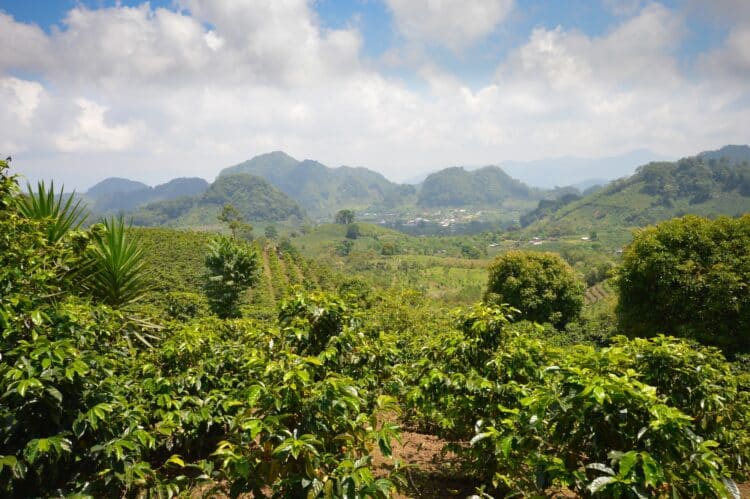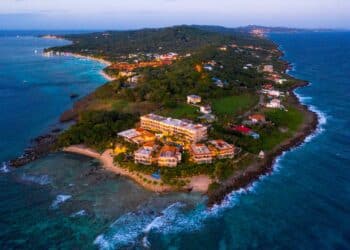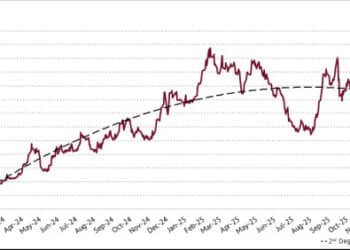Coffee companies Julius Meinl, the J.M. Smucker Co., and Tchibo, alongside independent foundation Hanns R. Neumann Stiftung (HRNS) are undertaking a joint project working with smallholder coffee farms in Western Honduras.
The four-year project, lasting from 2025 to 2029, will directly support 4000 smallholder families, impact 6000 hectares of farming land, and engage 20 farmer organisations.
It will use knowledge from 15 years of field experience through the coffee&climate initiative and scale proven climate adaptation tools, including soil and water conservation, coffee agroforestry, erosion control, microclimate monitoring, and household innovations.
Communities in Celaque, Erapuca, Las Minas, and Volán Pacayita will be targeted.
Western Honduras is ecologically rich but also increasingly vulnerable to climate change,” says HRNS Program Manager for the CSCR Honduras Project, Theresa Ruperti.
“By linking coffee productivity, community resilience, and ecosystem conservation, the CSCR Honduras project supports farmers’ livelihoods and positions Western Honduras as a model for climate-smart and biodiversity-positive coffee farming in Central America.”
Sustainability Director at the J.M. Smucker Co., Rebecca Ott, says the new program in Western Honduras is an evolution of the brand’s existing relationship with HRNS.
“As a leading coffee manufacturer, we are committed to supporting the smallholder farmers who deliver green coffee while helping ensure the long-term viability of the coffee supply chain,” says Ott.
“Our partnership with HRNS has supported multiple projects over the years, and we are excited for this opportunity to enhance farmer access to good agricultural practices in Honduras.”
The Honduran Coffee Institute (IHCAFE) will play a central technical role in farmer training, research, and monitoring, with the project also set to establish a regional Community of Practice to coordinate learning.





